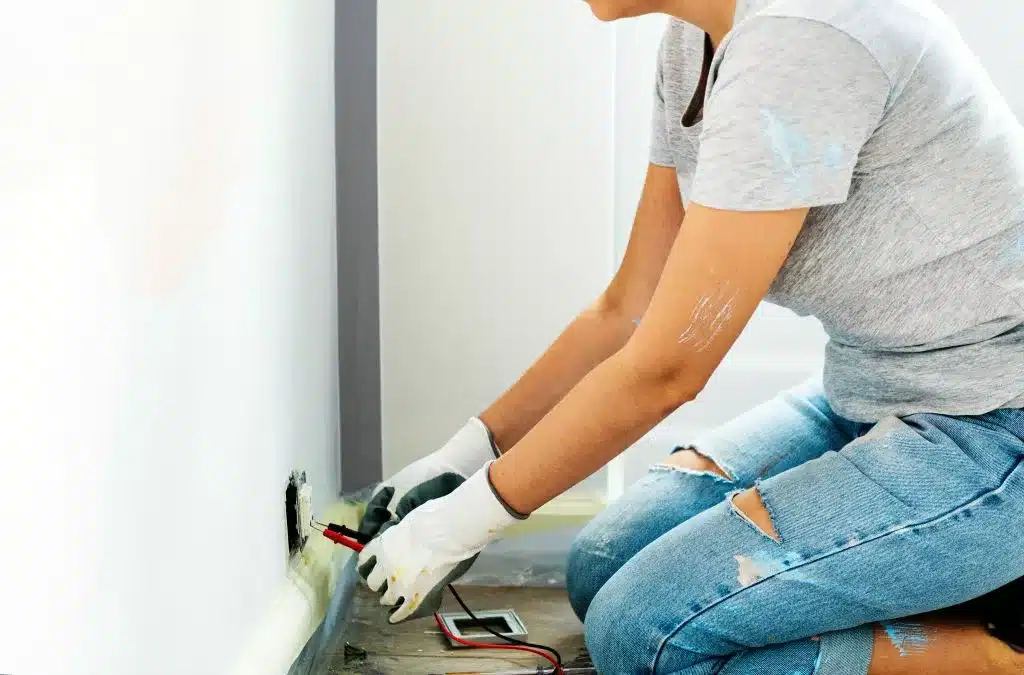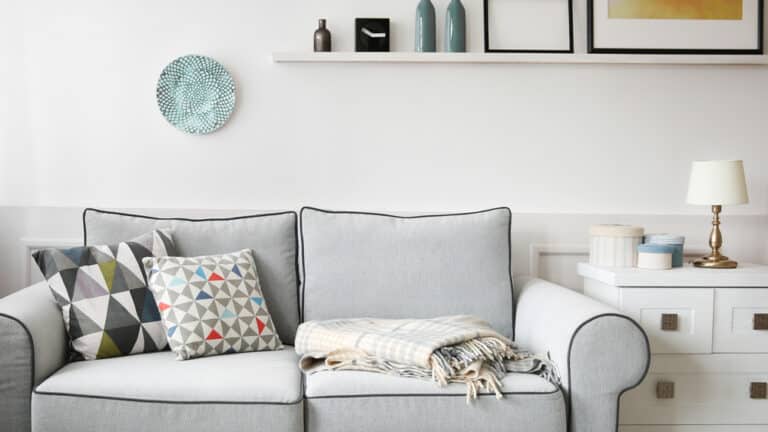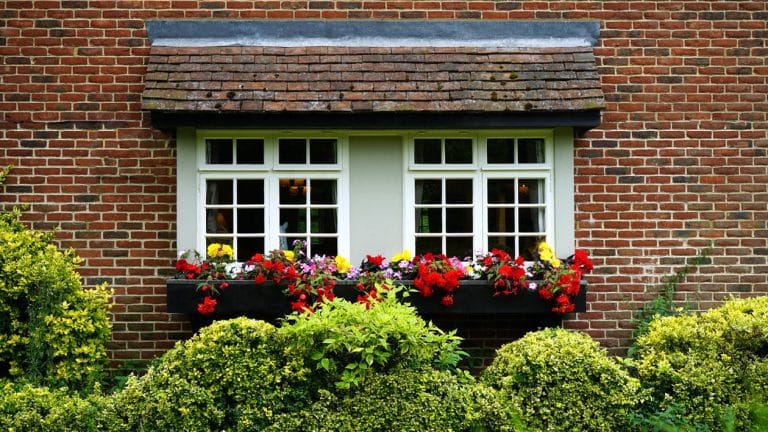Owning a new home is exciting! But home maintenance is time-consuming. New first-time homeowners usually find themselves facing expenses they didn’t have to worry about in their previous lives as renters.
As a new homeowner, you’ve just committed to paying monthly mortgage payments. You’ve sunk a pretty sizeable chunk of your savings into your new home. Here are some tips new homeowners can use right now to save money, reduce stress, and to keep home-related finances on the right track.
1. Create and maintain a budget for remodeling and maintenance costs

With a new home, it’s easy to feel tempted to upgrade your furniture for your new space or to begin major remodeling projects right away. But think carefully before going on a furniture shopping spree or diving right into major renovation work. Your best option is almost always to wait on non-essential remodeling projects until you’ve had a chance to replenish some of your spent savings. As a new homeowner, you’ll want to start with the most important maintenance items first. Once those are covered, make a plan for how much you want to spend on remodeling and interior design each month, and stick to the budget.
2. Save money on your utility bill by making your home more energy efficient

Many first-time homebuyers find themselves in larger spaces than they were previously occupying. More space often means higher utility bills. Thankfully, there are plenty of things you can do to make your new home more energy-efficient. Simple switches like using LED light bulbs and replacing your air filters will help stretch your dollar. And as a bonus, you’ll make the planet a little greener, too.
3. Be smart on your tax returns and keep your receipts

There are a lot of tax deductions available to homeowners: make sure you make the most of them. Even if you’ve done your own taxes in the past, it may be worth your money to hire an accountant for the first year as a homeowner. The money saved through deductions can be significantly greater than the cost of hiring someone to do your taxes. Also, be sure to keep all your receipts for home improvement or renovation projects.
Having receipts will not only help make tax time much easier for the years just after you buy your home but also down the road when you sell.
4. Change your locks

It’s thrilling to take the keys and turn the lock on the door to your new home the first time. But once you’ve done it, it’s smart to throw those old keys out and call the locksmith. Keys are copied all the time. That means you have no idea just how many of the previous owner’s contractors/cat-sitters/cousins/estranged-exes might have copies of the keys to your new place. Taking the time to switch out the locks right away. It’ll give you peace of mind, and can potentially save you significant hassle and expense later.
5. Start saving now for unexpected repairs

You’ve already started using a budget for remodels and other foreseeable expenses, right? Well, be sure you also start saving for unforeseen expenses, too. All homeowners eventually encounter unforeseen costs like a leaky roof or broken water heater. If you start setting money aside for those costs right away, you’ll have funds to take on those unforeseen projects when they inevitably pop up, which significantly reduce your stress levels when issues arise in the future.





